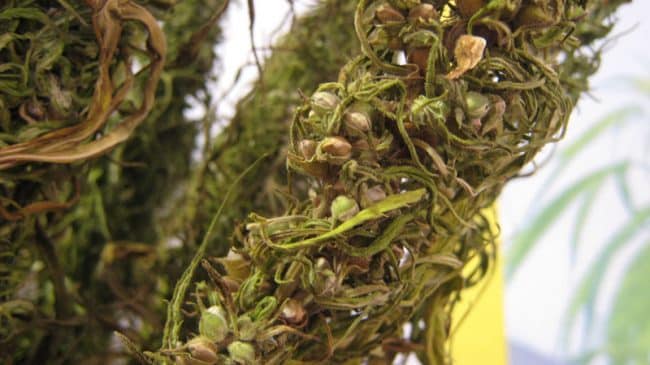Regulation of Cannabis sativa L. is complicated by the fact that there are two common varieties of the plant with very different properties: the agricultural variety, known by the common name hemp, and the pharmacological variety, marijuana. Prior to prohibition in the United States, industrial hemp was the subject of considerable excitement and speculation. The same is true today, as lawmakers and stakeholders in many states are considering the potential for reintroducing industrial hemp into the domestic economy.
The environmental performance of industrial hemp products is of particular interest because, to a large degree, environmental inefficiencies impose costs on society as a whole, not just on the producers and consumers of a specific good. Many commodities which came to replace traditional uses of industrial hemp in the United States in the last century and a half have created significant environmental externalities.
Assessments of industrial hemp as compared to hydrocarbon or other traditional industrial feedstocks show that, generally, hemp requires substantially lower energy demands for manufacturing, is often suited to less-toxic means of processing, provides competitive product performance (especially in terms of durability, light weight, and strength), greater recyclability and/or biodegradability, and a number of value-added applications for byproducts and waste materials at either end of the product life cycle. Unlike petrochemical feedstocks, industrial hemp production offsets carbon dioxide emissions, helping to close the carbon cycle.
The positive aspects of industrial hemp as a crop are considered in the context of countervailing attributes. Performance areas where industrial hemp may have higher average environmental costs than comparable raw materials result from the use of water and fertilizer during the growth stage, greater frequency of soil disturbance (erosion) during cultivation compared to forests and some field crops, and relatively high water use during the manufacturing stage of hemp products.
Overall, social pressure and government mandates for lower dioxin production, lower greenhouse gas emissions, greater bio-based product procurement, and a number of other environmental regulations, seem to directly contradict the wisdom of prohibiting an evidently useful and unique crop like hemp.
